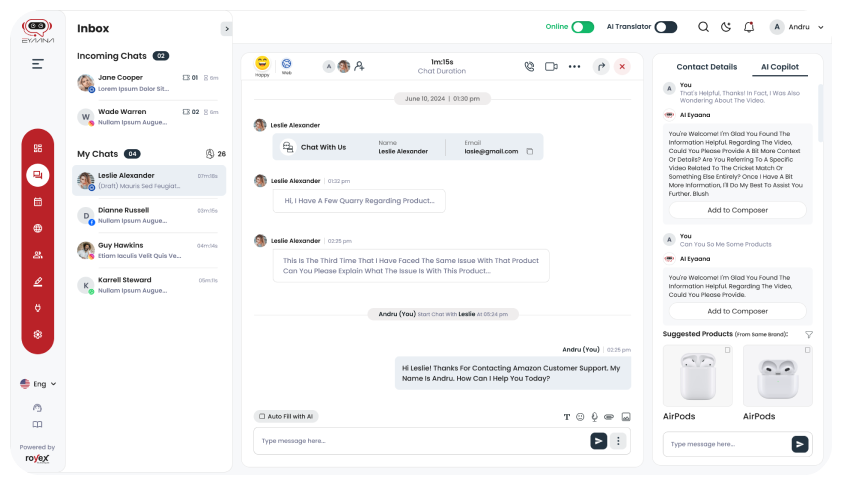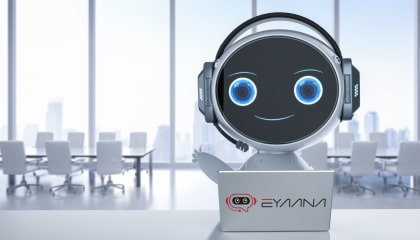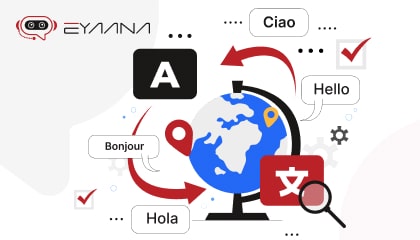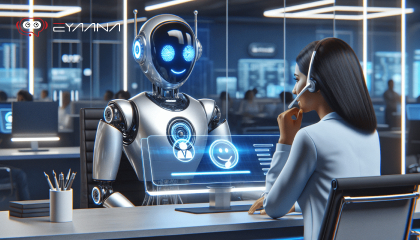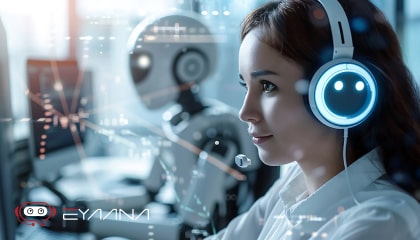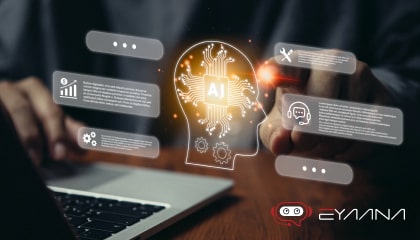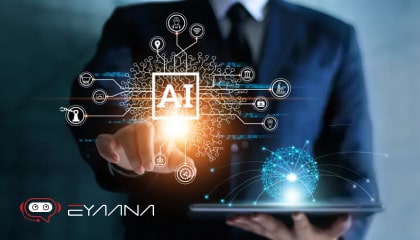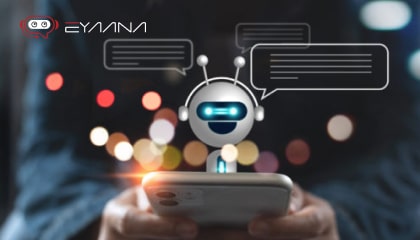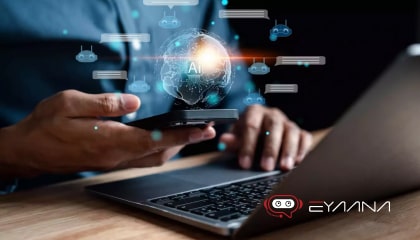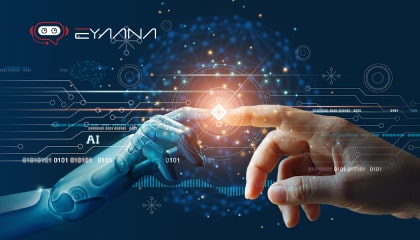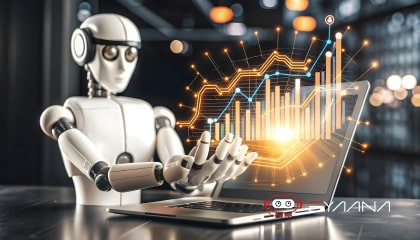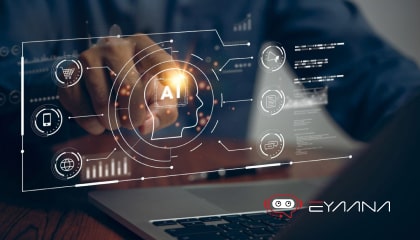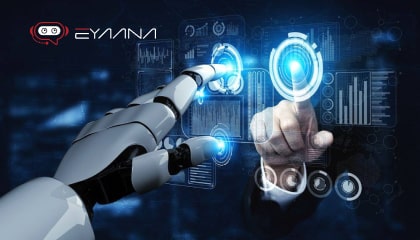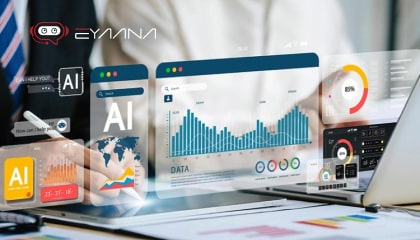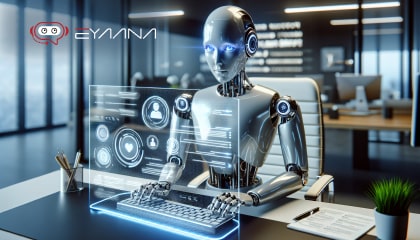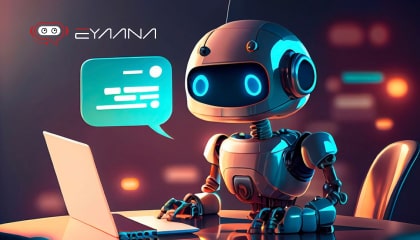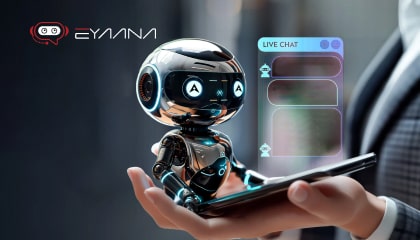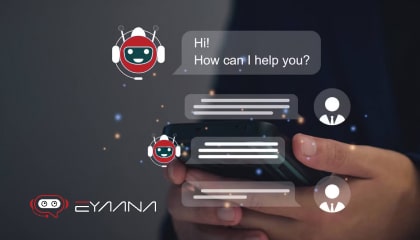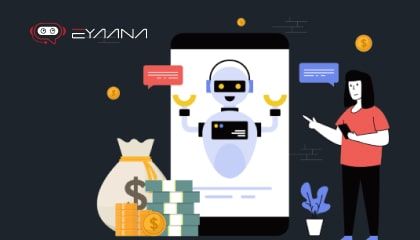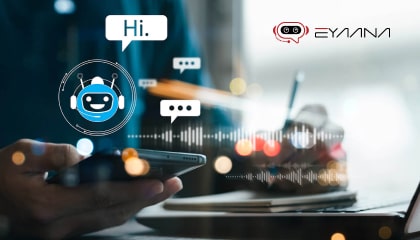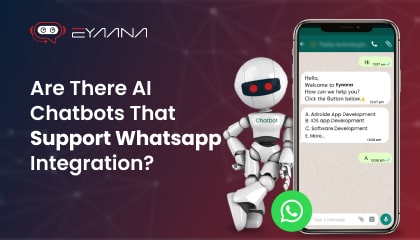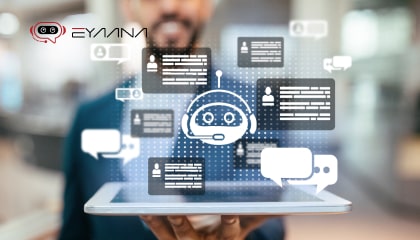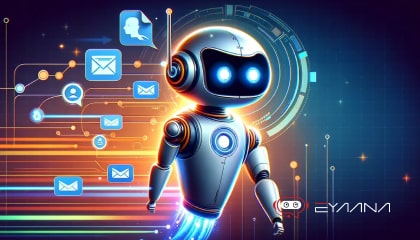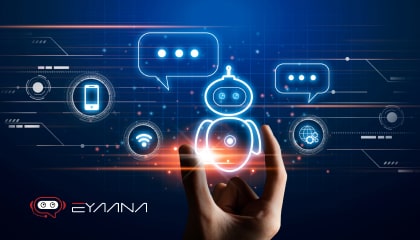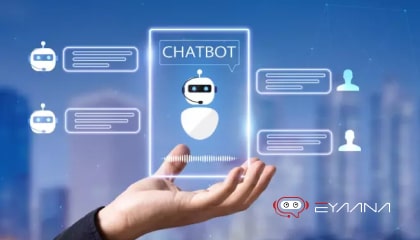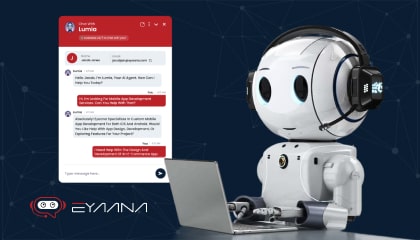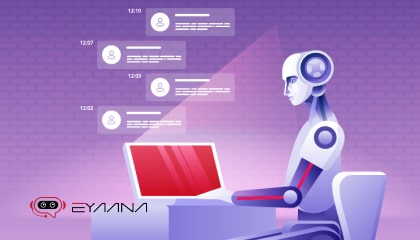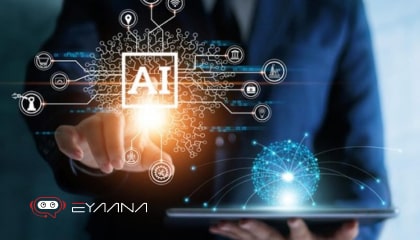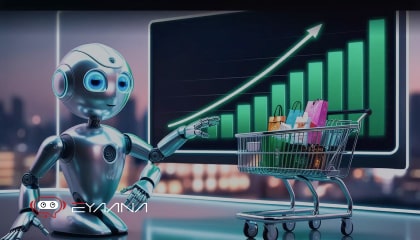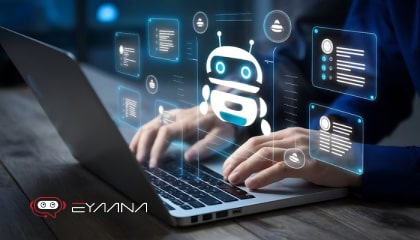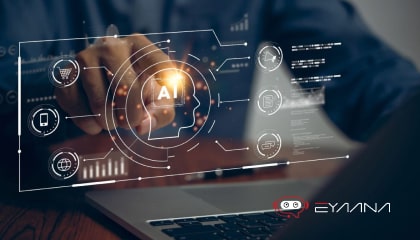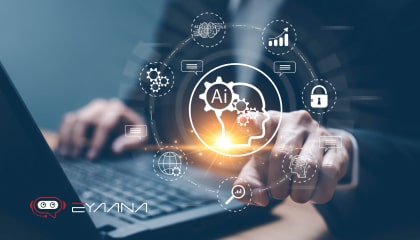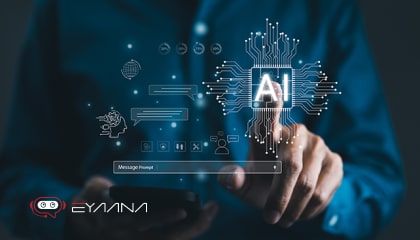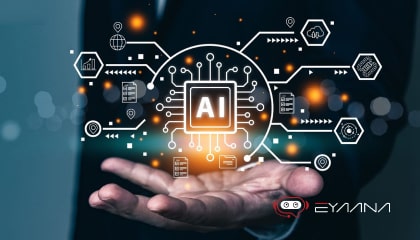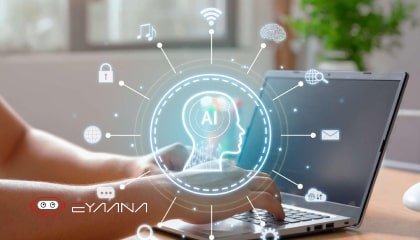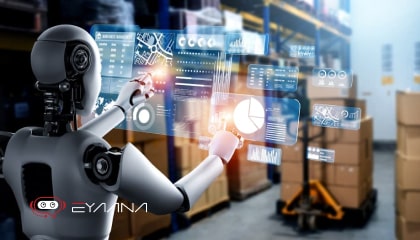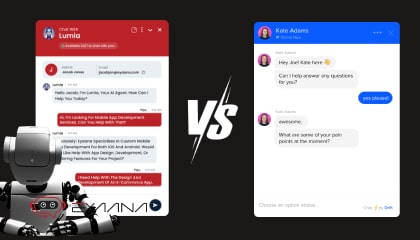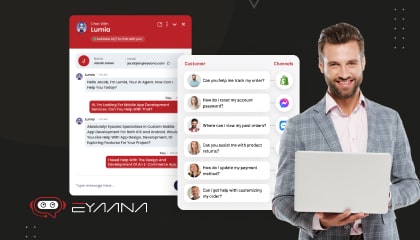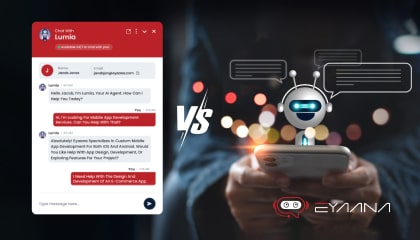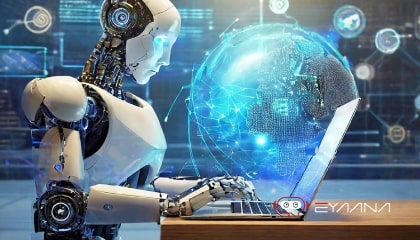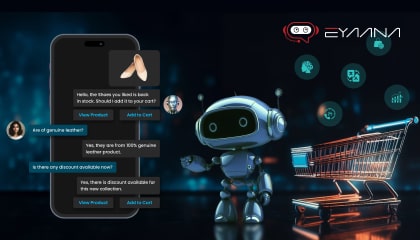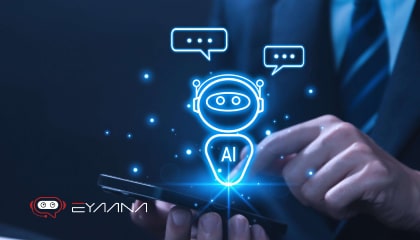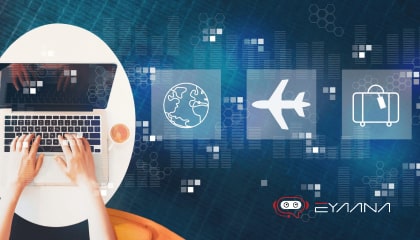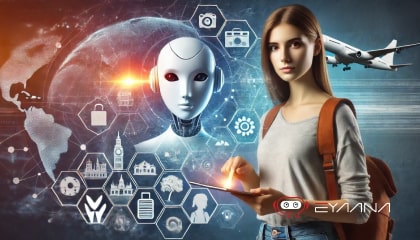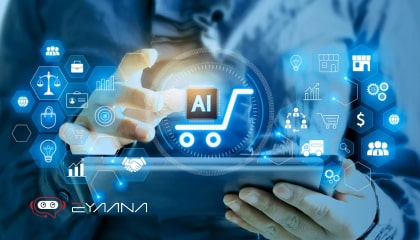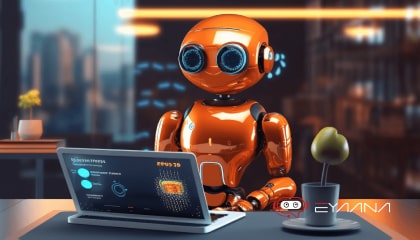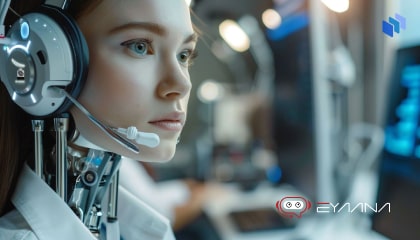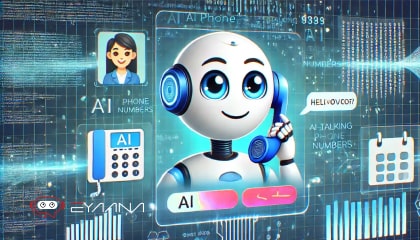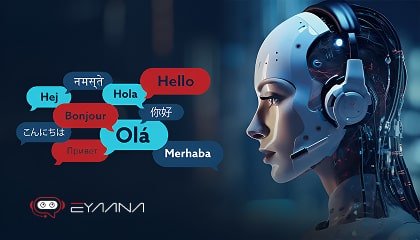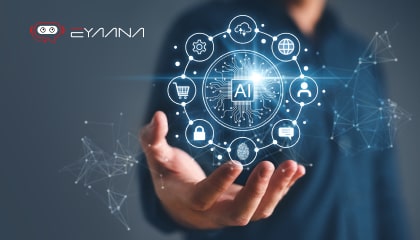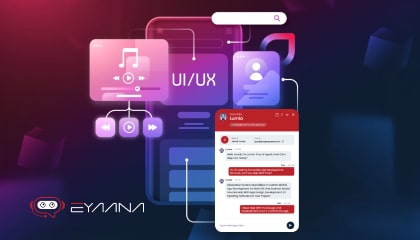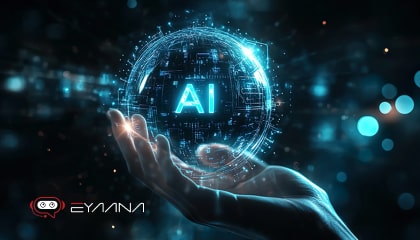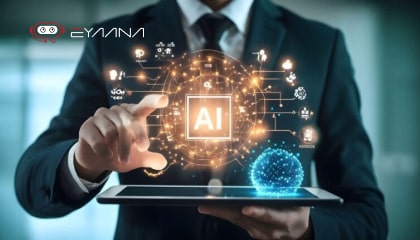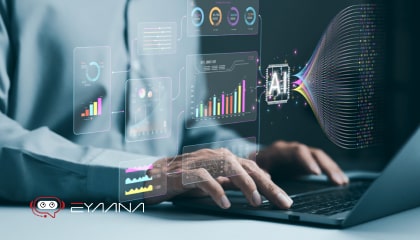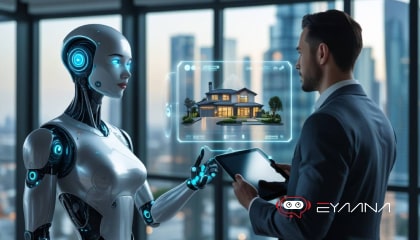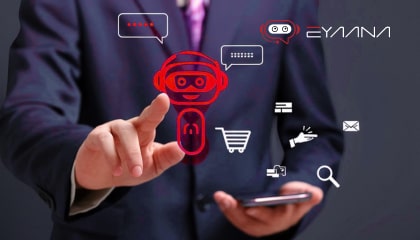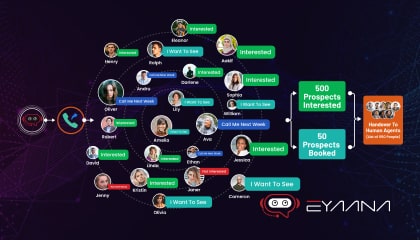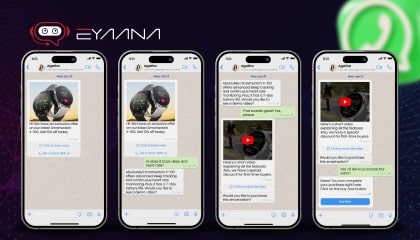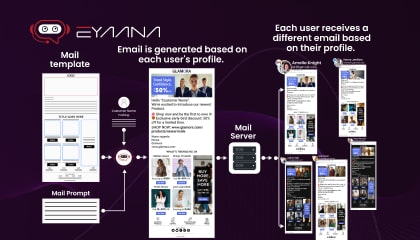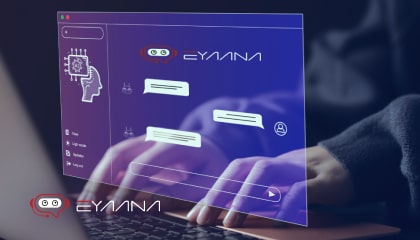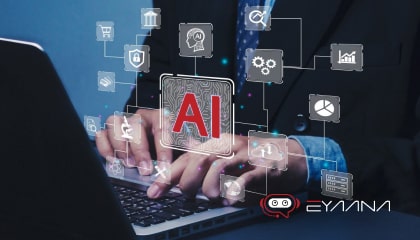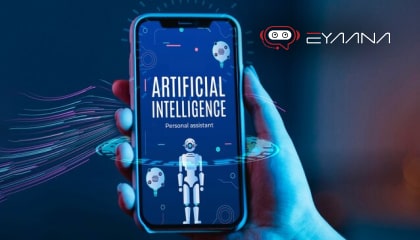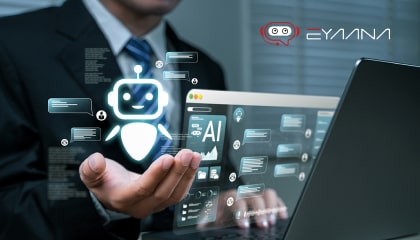Blog Details
Embracing the AI First World: How Artificial Intelligence is Redefining Our Future
Imagine waking up in a world where your morning coffee is brewed just the way you like it because your kitchen appliances have learned your preferences. A world where your doctor's appointment is more about discussing wellness strategies than diagnosing ailments, because potential health issues are flagged by intelligent systems long before symptoms appear. This isn't a scene from a futuristic movie; it's the emerging reality of an AI First World.
The Dawn of the AI First Era

The term "AI First" is more than just a buzzword; it's a paradigm shift in how we approach technology and problem-solving. At its core, an AI First approach means that artificial intelligence takes the lead role in processes, handling initial tasks before human intervention is required. It's about integrating AI not as a tool we occasionally use, but as a foundational layer in our daily lives and industries.
What Does "AI First" Really Mean?
In traditional systems, humans are the primary decision-makers and executors, with technology acting as a support mechanism. In an AI First model, this dynamic is flipped. AI systems analyze data, make initial decisions, and execute tasks autonomously. Humans step in primarily for oversight, handling exceptions, or adding a personal touch where necessary.
This shift doesn't imply that humans become obsolete. Instead, it frees us from routine tasks, allowing us to focus on more complex, creative, and interpersonal aspects of work and life.
The Benefits of an AI First Approach
Adopting an AI First mindset brings a plethora of advantages:
-
Efficiency: AI can process vast amounts of data at speeds unattainable by humans, leading to quicker decisions and actions.
-
Accuracy: Machine learning algorithms can reduce human error, especially in data-heavy tasks.
-
Scalability: AI systems can handle increasing workloads without a proportional increase in cost or resources.
-
Personalization: AI can tailor experiences to individual preferences, enhancing user satisfaction.
AI First in Customer Support

Consider the world of customer support. Traditionally, when you have an issue with a product or service, you reach out to a human representative. This process can be time-consuming, and experiences may vary based on the representative's skill.
In an AI First World, initial support is provided by ai chatbot apps and virtual assistants. These AI systems can handle a multitude of inquiries simultaneously, provide instant responses, and are available 24/7. They analyze your query, access vast databases of information, and offer solutions in real-time.
If the AI cannot resolve the issue, it seamlessly escalates the matter to a human agent, providing them with all the contextual information gathered. This not only speeds up the resolution process but also enhances the ai customer service by reducing wait times and repetitive explanations.
Revolutionizing Healthcare with AI
The medical field stands to gain immensely from an AI First approach. Diagnosing diseases often involves interpreting complex data like lab results, imaging scans, and patient histories.
AI algorithms can analyze medical images to detect anomalies that might be invisible to the human eye. For instance, AI systems are already being used to identify early signs of conditions like cancer or retinal diseases.
Once the AI provides an initial diagnosis, medical professionals review and verify the findings. This collaboration ensures high accuracy while allowing doctors to focus on treatment plans and patient care rather than data analysis.
The Transformation of Software Industries

Software development has followed a relatively steady trajectory over the past three decades. We've seen improvements in efficiency and the advent of agile methodologies, but the fundamental structure has remained consistent.
The AI First approach necessitates a ground-up redesign of software systems. Future software won't just be tools we operate; they'll be intelligent partners in our workflows.
-
Accounting Software: Instead of manually entering data and running reports, AI-powered accounting systems can automatically categorize expenses, detect anomalies, and even predict future financial trends.
-
Customer Relationship Management (CRM): AI can analyze customer interactions across various channels to provide insights on customer sentiment, predict churn, and recommend personalized marketing strategies.
-
Support Software: AI can prioritize support tickets based on urgency and historical data, suggest solutions to agents, and even proactively address issues before customers become aware of them.
This transformation means software will become more adaptive, predictive, and capable of learning from interactions.
AI First in Sales Industries
Sales has always been about building relationships and understanding customer needs. AI enhances this by handling the initial stages of the sales process.
-
Lead Generation: AI can scour the internet to identify potential leads that match ideal customer profiles.
-
Initial Outreach: Intelligent systems can send personalized messages to prospects, answer preliminary questions, and gauge interest levels.
-
Data Analysis: AI analyzes customer interactions to provide sales teams with actionable insights.
Once the AI has qualified a lead, human sales representatives step in to nurture the relationship and close the deal. This synergy allows sales teams to focus on high-value interactions rather than time-consuming prospecting.
Challenges and Considerations
While the AI First World offers remarkable benefits, it's essential to approach it thoughtfully:
-
Ethical Considerations: AI systems must be designed to respect privacy, avoid biases, and make transparent decisions.
-
Job Displacement Fears: There is concern about AI replacing human jobs. It's crucial to focus on how AI can augment human roles rather than eliminate them.
-
Reliability: Over-reliance on AI without proper oversight can lead to issues if the AI makes incorrect decisions.
Ensuring that humans remain in the loop for supervision and ethical guidance is paramount.
Conclusion: A Collaborative Future
The AI First World isn't about AI versus humans; it's about AI and humans working together. By allowing AI to handle initial tasks, we unlock new levels of efficiency and innovation. Humans are then free to focus on creativity, strategic thinking, and empathy—areas where we naturally excel.
As we stand on the cusp of this new era, embracing an AI First approach could lead to advancements that improve not just industries but the very fabric of our daily lives. It's an exciting journey, and the destination promises a future where technology empowers us more than ever before.
So, as you sip your perfectly brewed coffee tomorrow morning, consider the invisible AI systems that might have made it possible—and think about how else AI could enhance your world.
Why Eyaana Could Be the Right Choice for Your Business
If you’re looking for a powerful yet user-friendly AI chatbot app, Eyaana is worth considering. With Eyaana, businesses can seamlessly turn website traffic into live, engaging conversations, making it easier to convert leads into customers.
Eyaana is designed to be an AI-first customer support and sales solution, meaning it comes with powerful automation features, yet it’s easy to use even for non-technical teams. Its inbuilt CRM and helpdesk make customer management simple, while its AI-driven chat capabilities provide a smart, personalized experience for users.
Inbuilt CRM and Helpdesk: Eyaana comes with a built-in CRM and helpdesk, allowing businesses to manage customer data and support interactions in one place.
Flexible Pricing: Choose from Eyaana’s Lite and Pro packages starting from $99/month, with flexible, commitment-free tiers tailored to suit businesses of all sizes.
Multilingual Support: Engage a diverse audience with language options like Arabic, English, Hindi, and Urdu.
AI-First Design: Eyaana’s chatbot learns over time, enhancing customer interactions and turning site visits into conversations.
Scalability: Eyaana adapts to business growth, handling higher customer interactions with ease.
24/7 Support & Analytics: Real-time data.
To explore how AI can enhance your business operations, sign up for free and get started with Eyaana today.
Do you need help?
We will provide detailed information about our services, types of work, and top projects. We will calculate the cost and prepare a commercial proposal.
